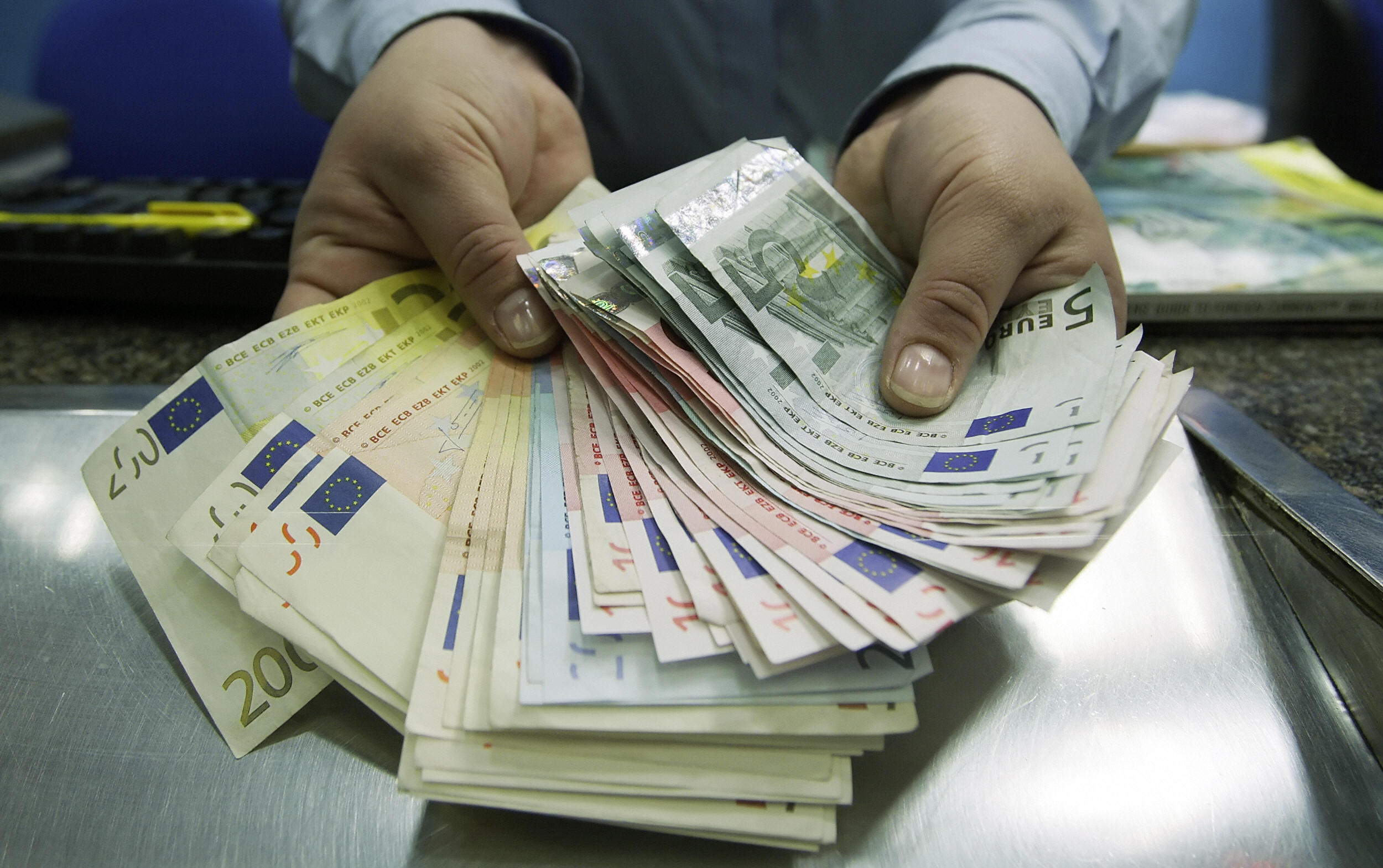The strong decline of the Russian and European currencies have led to a 20% drop in Al-Taj Al-Thahani Agricultural Crops Company’s sales to EGP 32m this year, compared to EGP 40m recorded in 2014.
Mohamed Al-Tadawi, Chairman of the company, said that the decline in sales last year was due to a drop in the value of agricultural products exported abroad following a depreciation of both the euro and the Russian rouble against the dollar.
Agricultural exports decreased by 14% over the past year despite an almost 20% increase in total exports according to data from the Imports and Exports Supervisory Board.
Al-Tadawi said the rouble dropped 40% in market value against the dollar last year following European sanctions imposed on Moscow alongside the collapse in oil prices which negatively impacted the Russian economy. Russia constitutes one of the most important export markets for Egyptian agricultural products.
He explained that the economic crisis Egypt has suffered from since the 25 January Revolution significantly impacted the export sector, saying that the company achieved sales worth EGP 112m during 2010.
Al-Tadawi said the revolutions of the Arab Spring negatively influenced Egyptian exports, and Al-Taj Al-Thahabi lost a number of clients in Arab markets due to political and security tension.
According to Al-Tadawi, 70% of the company’s sales are sent to Arab markets abroad, particularly Tunisia, Algeria, and Morocco. European markets account for approximately 30% of company exports.
Agricultural exports face a number of difficulties at present, he said, which have brought both the products themselves and the domestic agricultural sector in general into continuous decline.
He explained that the increased cost of production is one of the main problems for agricultural products in Egypt. Costs have increased by 20-25% recently after the government began taking measures to decrease subsidies for several basic products such as electricity, water, and petroleum products.
Al-Tadawi added that these steps have caused an increase in the price of production supplies and as a result, the cost of labour has also gone up. This has also influenced the price of the final product, while energy price hikes have led to higher transport costs at all levels. All of these factors have worsened the crisis and greatly expanded production costs, and farmers suffer the most losses in the agricultural sector, Al-Tawadi said.
He explained that the intermediaries who interact with the farmers contribute to a portion of the increase because they price products according to a profit margin that suits them.
Al-Tadawi criticised agricultural conditions in Egypt and a lack of sound supervision and guidance on part of the Ministry of Agriculture. Seeds have become inefficient, leading to low productivity, he said.
The Export Council for Agricultural Crops discussed poor conditions within the agricultural sector more than once, according to Tadawi. The council provided the ministry with reports on how to resolve the crisis including recommendations that a research centre be commissioned to follow up and improve seeds in order to increase the productivity of each acre. However, the ministry has done nothing on this front, he said.
Al-Tadawi considered the decrease in both public and private investment in the agricultural sector and a lack of bank funding the most important risks, threatening agricultural investment with collapse.
Banks are hesitant to invest in the agricultural sector because of their long-term nature, he said, adding that establishing food industries for agricultural products will increase the value-added of agricultural production and help the field attract more investment and financing.
Al-Tawadi said Egyptian agricultural crops face fierce competition from major global companies in conventional markets, and new companies have not been spared such competition thanks to the ability of global companies to anticipate promising markets in which to distribute their products.
He added that China and Morocco are at the forefront of countries which have begun competing on export markets for agricultural goods, and are now featured alongside Egyptian products on the global market. Chinese and Moroccan products bring their products in a market around the same time as Egyptian products, he explained.
These countries provide many types of support for the products they cultivate, according to Al-Tawadi, including financial and in-kind support to reduce direct production costs, in addition to supporting exports. This allows their companies to penetrate global markets and compete with other countries.
The Egyptian government has cancelled the export subsidies deadline for some crops such as citrus fruits and has also decreased subsidies from 10% to 4% for the remainder of crops, Al-Tawadi said. This has made it more difficult to compete on global markets because exporters used to rely on these subsidies and considered them a profit margin.
Al-Tadawi requested that an urgent plan be set out to save the agricultural sector from the annual decline it currently suffers and called for the establishment of an agricultural research centre to increase acre productivity.




